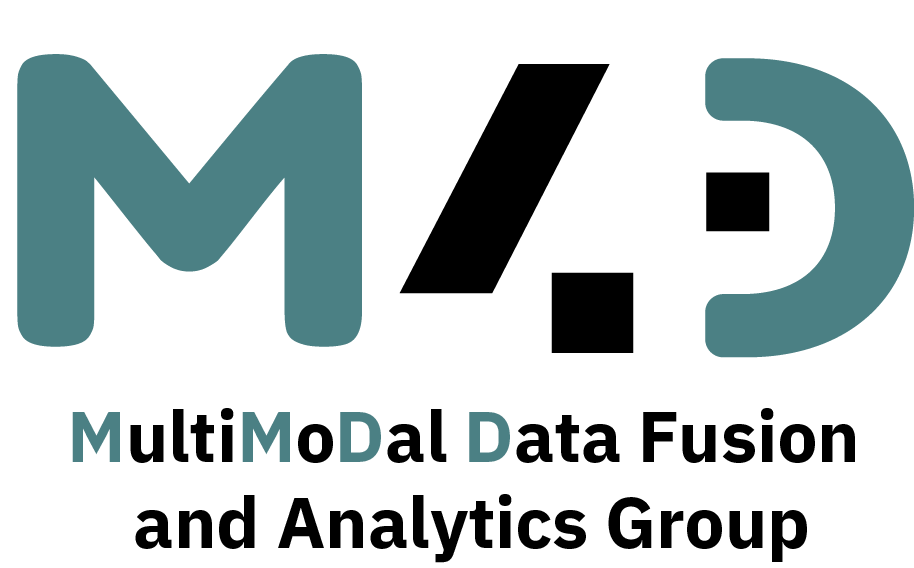
ONCODIR
Evidence-based Participatory Decision Making for Cancer Prevention through implementation research
Colorectal cancer (CRC) is one of the most common cancer types and its increased occurrence may be attributable to adverse health behaviours, especially in lower socioeconomic status populations. Stemming from the specific risk factors identified with CRC, ONCODIR integrates multidisciplinary research methods from health policy analytics; social and behavioural science; AI-powered multi-omics and retrospective data analytics as well as decision support theories to deliver evidence-based cancer prevention programmes and innovative AI-powered personalised prevention approaches. ONCODIR recognises that the evaluation of the ONCODIR prevention programmes needs to address cost effectiveness, affordability and cost benefit parameters. Thus, it will also investigate cost balancing and demand generating financial schemes that will lead to enhanced CRC prevention programmes. The coherent technological ecosystem that ONCODIR is developing is based on robust AI trustworthiness and privacy preserving principles to deploy recommendation services that will be specified by citizens, health policy actors and SSH experts, during three design thinking workshops. SSH research will address aspects such as the life-status, nutritional and social habits in tandem with Economics, Sociology and Local/Regional Cultural identity and Ethics. ONCODIR’s results will be validated in three Laboratory Integration Tests (LITs) and three Large-scale Intervention Pilots (LIPs) in five EU member states, with the active involvement of medical scientists, health care providers, foundations and consortium experts. The ONCODIR consortium is composed of complementary partners, coming from multidisciplinary research, technological and SSH domains, with a proven track record of high-quality research capacity. The carefully structured workplan, embodies a holistic approach toward meeting the ONCODIR objectives and delivering feasible policy-supporting outcomes of significant exploitation potential. This action is part of the Cancer Mission cluster of projects on “Prevention and early detection”.
M4D is the Coordinator of the ONCODIR project. Parallel to the general management and coordination of the project, M4D will also contribute to technology development, with the responsibility of the Multi-Omics Data Fusion Engine. In this context, ONCODIR will push forward innovation fusing heterogeneous data sources. Α plethora of indicators and qualitative parameters (Quality of Life (QoL), medical, lifestyle, nutritional, medical and family history, data from wearable devices, environmental etc.) will be systematically collected and populated into the semantic engine via population-based cancer registries, that will allow to investigate interactions among these factors so as to comprehend how endogenous and exogenous factors modify tumour phenotypes. The Multi-Omics Data Fusion Engine will contain harmonised Big Data in order to shed light on the current disease status, highlighting trends in cancer mortality and producing meaningful information to facilitate the interpretation of the dynamics of cancer burden in Europe. It will offer many benefits to the end-users as it will provide results based on longitudinal time frames, allowing for highly understanding, assessment and integrating heterogeneous data sources. It will also promote the accessibility and reuse of data in a secure manner to provide health professionals and policy makers an organised way to analyse the Big Data and create reporting as well as address challenges of using this data for outcomes research.

